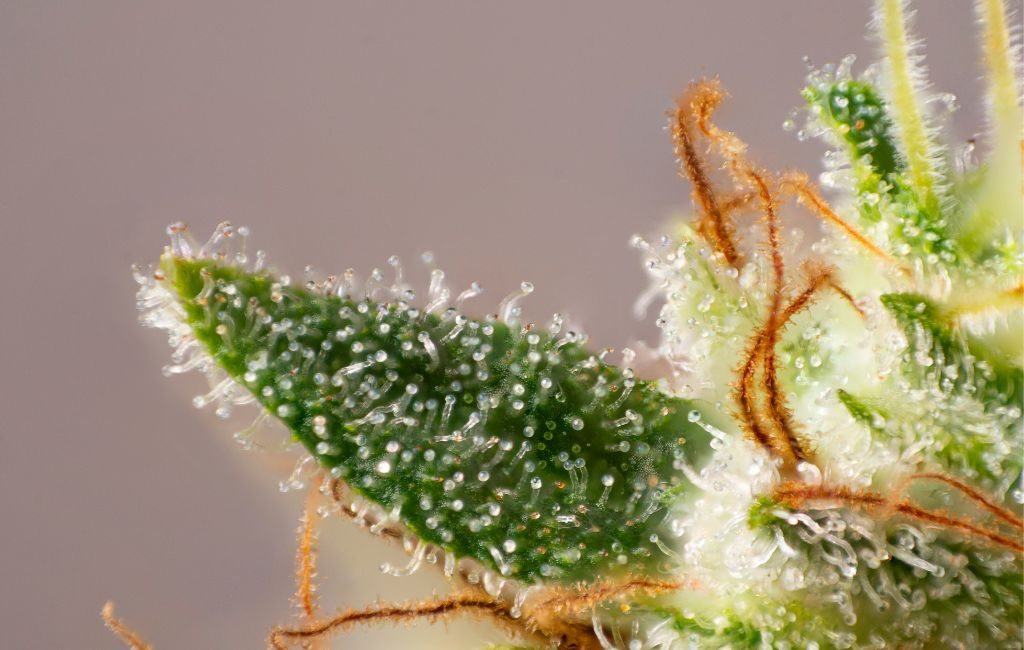THCa Flower: Vitality and Balance
The world of cannabis is vast and varied, with numerous compounds offering unique benefits. Among these, THCa (tetrahydrocannabinolic acid) has gained attention for its potential health benefits and its role in promoting vitality and balance. This article explores the properties of THCa flower, its potential benefits, and its place in the broader context of cannabis use.
Understanding THCa
THCa is a non-psychoactive cannabinoid found in raw and live cannabis plants. Unlike THC, which is known for its psychoactive effects, THCa does not produce a high. This makes it an attractive option for those seeking the therapeutic benefits of cannabis without the mind-altering effects.
How THCa Works
THCa is the precursor to THC. When cannabis is heated through smoking, vaping, or cooking, THCa undergoes decarboxylation, converting into THC. This process is what activates the psychoactive properties of cannabis. In its raw form, THCa interacts with the body’s endocannabinoid system, potentially offering various health benefits.
Potential Benefits of THCa
Research into THCa is still in its early stages, but preliminary studies and anecdotal evidence suggest several potential benefits:
- Anti-inflammatory Properties: THCa may help reduce inflammation, making it a potential option for those with conditions like arthritis or inflammatory bowel disease.
- Neuroprotective Effects: Some studies suggest that THCa may have neuroprotective properties, which could be beneficial for neurodegenerative diseases.
- Anti-emetic Benefits: THCa might help reduce nausea and vomiting, offering relief for patients undergoing chemotherapy or those with chronic conditions.
- Appetite Stimulation: Like THC, THCa may help stimulate appetite, which can be beneficial for individuals with eating disorders or those undergoing treatments that affect appetite.
THCa in Practice
As interest in THCa grows, more products are becoming available. These include raw cannabis juices, tinctures, and capsules. Users often report feeling more balanced and energized without the psychoactive effects associated with THC.
Case Studies and User Experiences
Several case studies highlight the potential of THCa. For instance, a patient with severe arthritis reported significant pain reduction and improved mobility after incorporating THCa into their regimen. Another individual with a neurodegenerative condition noted improved cognitive function and reduced symptoms.
THCa vs. THC: A Comparative Look
While both THCa and THC originate from the same plant, their effects and uses differ significantly. THCa’s non-psychoactive nature makes it suitable for those who wish to avoid the high associated with THC. This distinction is crucial for medical users who need to maintain clarity and focus.
Legal Considerations
The legal status of THCa varies by region. In some areas, it is treated similarly to THC, while in others, it is not regulated. It’s important for users to understand the legal implications in their area before purchasing or using THCa products.
Scientific Research and Future Directions
Ongoing research continues to explore the potential of THCa. Scientists are investigating its role in treating various conditions and its potential as a therapeutic agent. As more studies are conducted, a clearer picture of THCa’s benefits and applications will emerge.
Statistics and Trends
Recent surveys indicate a growing interest in non-psychoactive cannabinoids. A 2022 study found that 30% of cannabis users were interested in products that offer therapeutic benefits without psychoactive effects. This trend suggests a shift towards more holistic approaches to health and wellness.
Conclusion
THCa flower represents a promising area of cannabis research and use. Its potential benefits, coupled with its non-psychoactive nature, make it an appealing option for those seeking balance and vitality. As research progresses, THCa may become a staple in both medical and wellness communities, offering a natural alternative for various health concerns.
